 Rock Creek Natural Area
Rock Creek Natural Area
Entry Type: Place - Starting with R
 Rock Creek Natural Area
Rock Creek Natural Area
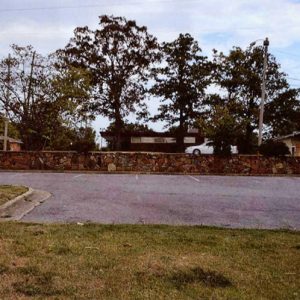 Rock Wall
Rock Wall
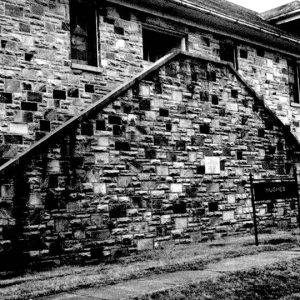 Rock-work Detail
Rock-work Detail
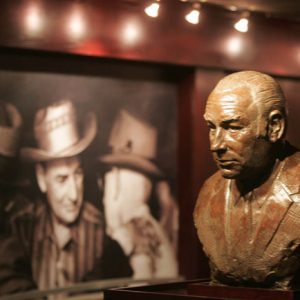 Rockefeller Legacy Gallery
Rockefeller Legacy Gallery
Rockport (Hot Spring County)
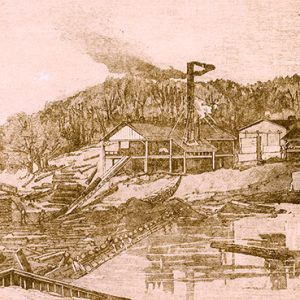 Rockport Sawmill
Rockport Sawmill
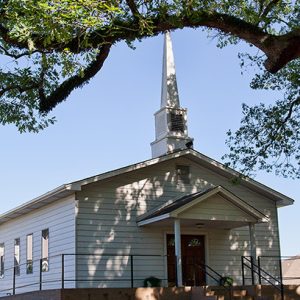 Rockport Methodist Church
Rockport Methodist Church
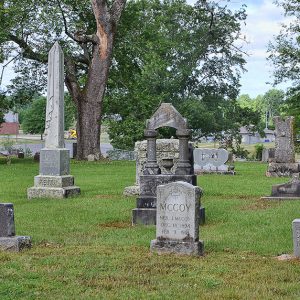 Rockport Cemetery Monuments
Rockport Cemetery Monuments
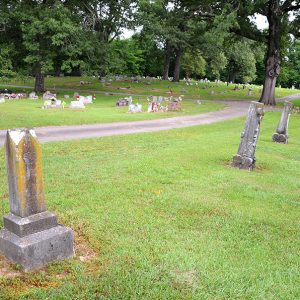 Rockport Cemetery Grounds
Rockport Cemetery Grounds
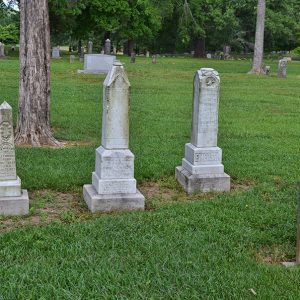 Rockport Cemetery Monuments
Rockport Cemetery Monuments
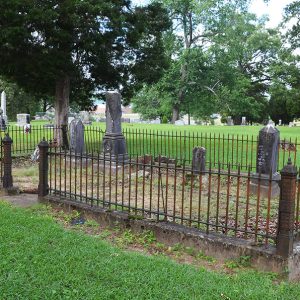 Rockport Cemetery Family Plot
Rockport Cemetery Family Plot
Rocky Point (Independence County)
aka: Rock Point (Independence County)
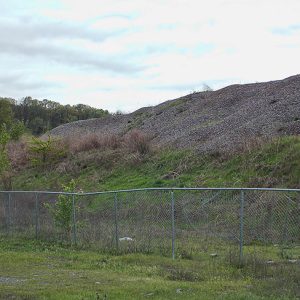 Rock Point (a.k.a. Rocky Point)
Rock Point (a.k.a. Rocky Point)
Roe (Monroe County)
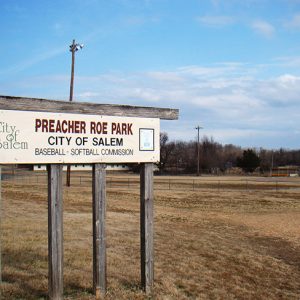 Preacher Roe Park
Preacher Roe Park
Rogers (Benton County)
Rogers Academy
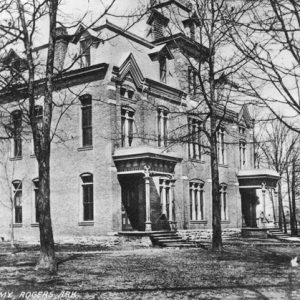 Rogers Academy
Rogers Academy
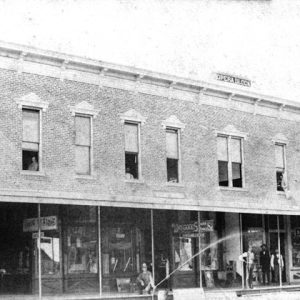 Rogers Businesses
Rogers Businesses
Rogers Historical Museum
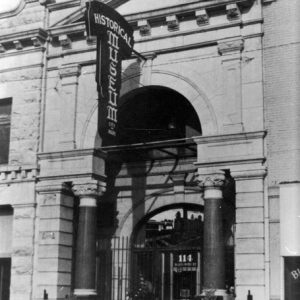 Rogers Historical Museum
Rogers Historical Museum
 Rogers Historical Museum
Rogers Historical Museum
 Rogers Historical Museum Exhibit
Rogers Historical Museum Exhibit
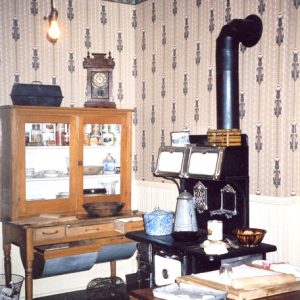 Rogers Historical Museum Exhibit
Rogers Historical Museum Exhibit
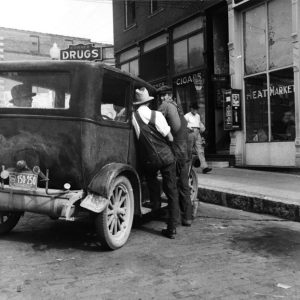 Rogers Street Scene
Rogers Street Scene
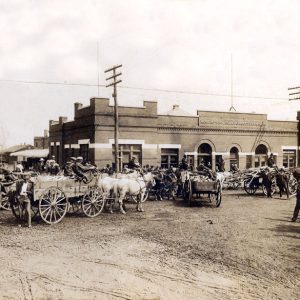 Rogers Street Scene
Rogers Street Scene
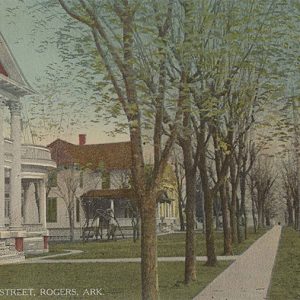 Rogers Street Scene
Rogers Street Scene
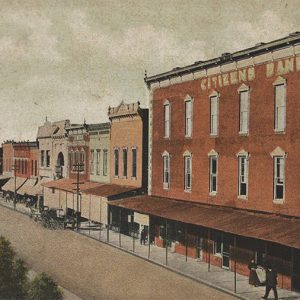 Rogers Street Scene
Rogers Street Scene
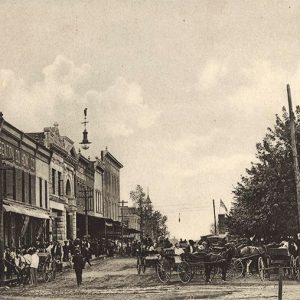 Rogers Street Scene
Rogers Street Scene
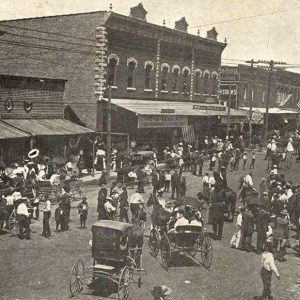 Rogers Street Scene
Rogers Street Scene
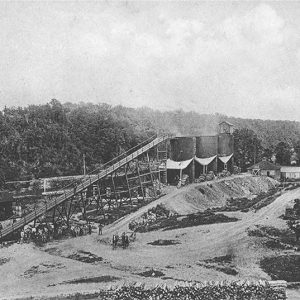 Rogers White Lime Works
Rogers White Lime Works
Rohwer (Desha County)
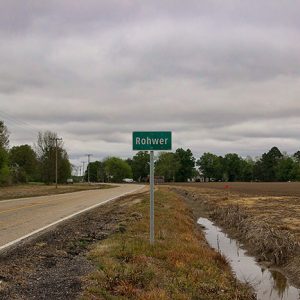 Rohwer
Rohwer
Rohwer Relocation Center
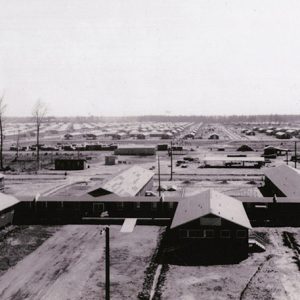 Rohwer Aerial View
Rohwer Aerial View
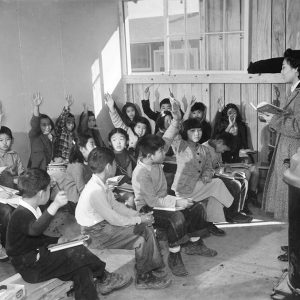 Rohwer School
Rohwer School
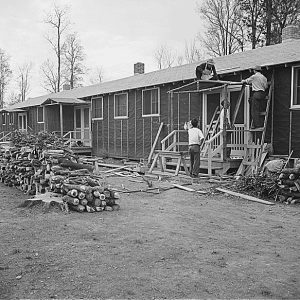 Rohwer Relocation Center
Rohwer Relocation Center
Roland (Pulaski County)
 Rolla
Rolla
Rolla (Hot Spring County)
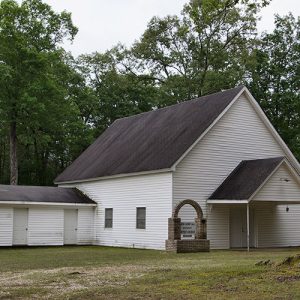 Rolla Baptist Church
Rolla Baptist Church
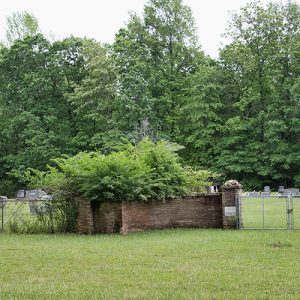 Rolla Cemetery
Rolla Cemetery
 Rolling Prairie Site
Rolling Prairie Site
Romance (White County)
Rome (Clark County)
Rondo (Lee County)
Rosboro (Pike County)
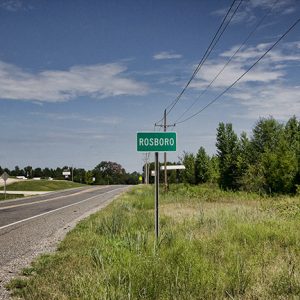 Rosboro
Rosboro
Rose Bud (White County)
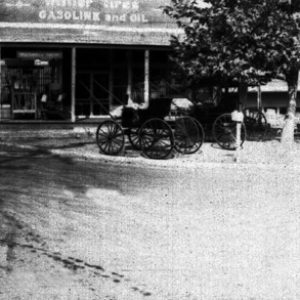 Rose City Street Scene
Rose City Street Scene




